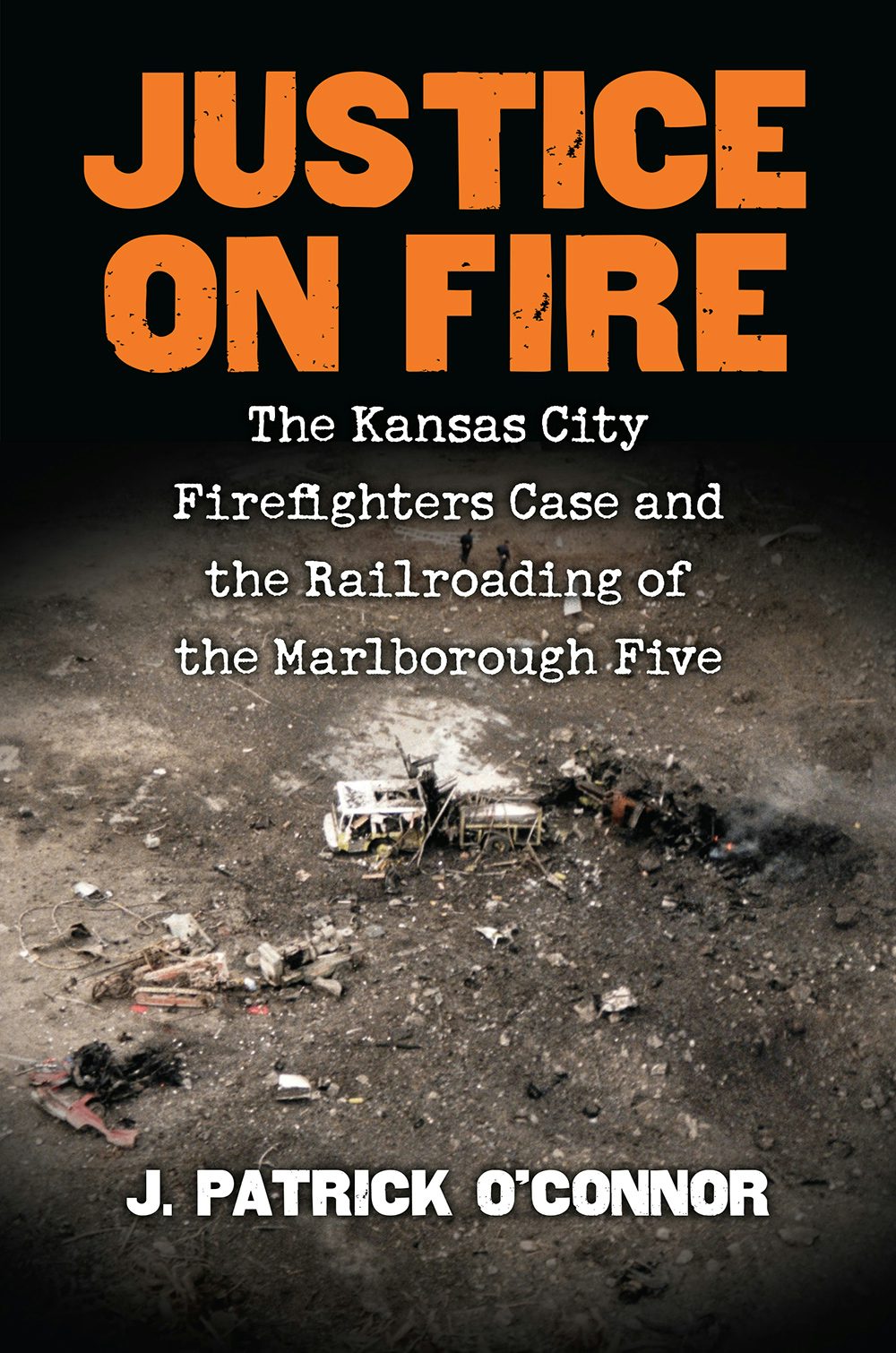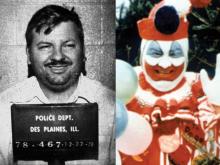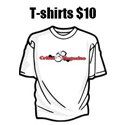An excerpt from the book American El Dorado: The Great Diamond Hoax of 1872.
by Ron Elliott
Preface
Many years ago, I saw a televised interview in which a famous novelist discussed the differences between fiction and nonfiction. One of the points he made was that, as there are as many similarities as differences, the line often becomes somewhat blurred. While that is true, the main issue is that in writing fiction, one gets to make up the facts. Still, there are rules. Once something becomes a fact, even if the writer made it so, for the duration of that work it must remain a fact. If the woman’s eyes are blue and her hair is blond, for example, the eyes must remain blue, whatever she does with her hair. The most important rule, perhaps, is that even created “facts” must be feasible. Every novelist knows that a reader will not stick with a story if the “facts” are too improbable to be believed.
Well, then. What does one do with a true story wherein the actual historical facts are indeed too far-fetched to be believed? All I can do is report the facts as I found them, stick an endnote on it to provide a trail to the source and assure the reader that throughout this entire narrative, other than the conversation, I made up nothing. Although the history herein is offered as accurate, many times through the context of this book, you’ll sit back and ask, “How could that have possibly happened? Is that a product of imagination?” As the author, I feel obligated to answer the readers’ questions, but with this story, I can only tell you that I don’t know how these things happened, only that they did happen. Or at least one of the people involved said that it did happen. While I cannot say that some of the events are not a product of Philip Arnold or Asbury Harpending’s imagination, I can promise that I didn’t make it up.
One of the few I can explain is how Philip Arnold managed to make investors believe that he’d actually found an “American El Dorado.” The idea was not as fantastic in 1870 as it sounds to me and you. In the first place, who knew there was gold in California until it showed up at Sutter’s Mill in 1848? Who knew there was silver in Nevada until the Comstock Lode was discovered a decade later? So, then in 1870, who was to say that there were not diamonds to be found somewhere in the largely unexplored American West? And, if such a place did exist, human nature being what it is, everyone who was offered the opportunity would certainly want to be in on the ground floor. Add in the fact that Arnold had taken the trouble to have a San Francisco jeweler certify that his sample consisted of real diamonds and he was off and running. From there, the “great diamond hoax” became a viable concern, sustained by its own momentum.
Two aspects of the story that struck me as most interesting are worth a mention here. I agree with Asbury Harpending that if Philip Arnold had elected to go on the stage, he would have without question been one of the greatest actors of the 19th century. He played his part perfectly every step of the process, educated himself sufficiently to locate a feasible diamond field, acceded to the investors’ demands when proper and made his own demands when he could get away with it. The other, even more remarkable, is how he managed to keep a straight face through some of the events, such as when Mr. Tiffany produced his evaluation of the diamond sample he examined at $150,000. By extension, that meant that the last haul from the diamond field was worth $1,500,000! It would take a great actor to swallow that while knowing he’d invested only about $8,000 in the entire package.
So, here’s the story of the great diamond hoax. Enjoy it as you shake your head and observe, along with Shakespeare’s Puck, “What fools these mortals be.”
Chapter 1
Wednesday, November 30, 1870[i]
San Francisco, California
San Francisco’s famous fog crept slowly up from the bay, first filling the low spots, then obscuring the mud, then enveloping the board sidewalks and eventually swallowing the buildings and the entire landscape. Through the swirling mist and rain two huddled figures walked east on California Street.
“I hate bein’ in town,” said the shorter man. “It stinks.”
“Well, you don’t smell none too pretty yourself,” commented the other. Unconsciously, he patted the bulge beneath his coat to insure himself that his precious cargo was still there. After a few steps, he added, “I agree with you though, John. I ‘specially hate this town – you can’t tell if it’s winter or summer around here. I can stand fog and I can stand rain, but the two of ‘em together is almost too much.”
The other man grunted. “Wanna go back to Kentucky, Cousin?”
Again he patted the lump at his waist. “If my plan works out, we’ll be home again soon enough.” They walked a few steps in silence before he added, “And in grand style, too.”
‘”Do you really think they’ll go for it, Phil? These California investment boys didn’t get to be as rich as they are by bein’ fools, you know.”
“You’re right, they ain’t fools. But George Roberts did get to be a millionaire by recognizin’ an opportunity when he sees one and not bein’ slow to jump in. Besides, greed is one of mankind’s great motivators and I’m sure that how many ever millions he’s got ain’t enough. In addition, I’ve gone to some trouble to make sure that what we’ve been out in the wilds doin’ ain’t no big secret.”
“As grubby as we smell and look, it’d be hard to keep anybody from suspectin’ that we’ve been out prospectin’. Why did you have to wait ‘til this time of night? A man could get robbed, you know.” John Slack glanced anxiously around into the mist.
“Yeah,” Phil agreed, again checking the package inside his coat. “Just leave it to me -- I’ll do all the talking. You just sit there and try to look like you don’t approve of the whole thing. If Roberts asks you anything directly, be as vague as you can. At any rate, don’t tell him nothin’.”
As the pair neared a street intersection, Arnold peered down the cross street. “This ain’t it,” he concluded, “we got another block to go.”
“What makes you think he’ll even be in his office this late? This ain’t no time of night to be doin’ business.”
“All part of the plan,” Arnold assured. “I sent him a telegram yesterday tellin’ him that we be in town tonight with some important business and asked him to wait in his office for us. As I said, just leave it all to me. Hold it, this is the place.”
The pair stepped off the board sidewalk into the deep mud of the street. Across the way, a weak beam of light from the gas jet penetrated a few feet out the window into the swirling mist. Arnold rattled the door knob. Finding the door locked, he knocked loudly.
“Who is it?” came from within.
“Philip Arnold and John Slack.”
Immediately the bolt slid back and the door opened. The men blinked as the light seemed very bright in contrast to the drifting fog in which they been walking. In the doorway stood George Roberts, a short chubby man dressed in a spotless business suit. His roundish belly pushed his plaid vest out so far that his white shirt was exposed at the waist. “Why, hello Phil.” He beckoned them to enter. After shaking hands with Arnold, he turned to Slack. “Good to see you both again,” he said without enthusiasm, eyeing their disheveled appearance and the rifle Slack carried in the crook of his arm. Moving behind his desk, he motioned to the chairs opposite. “So, what’s all the excitement about?”
“Sorry to be so much trouble,” Arnold began hesitantly, “but I knew it’d too late to get to the bank by the time we got the ferry across the bay, and you’re a man I trust.”
Roberts smiled approvingly as he polished his glasses on a handkerchief. “Thanks, Phil, no trouble at all. Always happy to accommodate a friend. Besides, the three of us have had enough gold and silver mining adventures to satisfy me of your honesty and reputation.” Replacing the spectacles on his nose, he leaned his elbows on the desk. “Now, what can I do for you?’
“Well,” Arnold drew the word out as he exhaled. “I know you’ve got a strong safe in the office here….”
“Why certainly you’re welcome to store your gold dust in my safe,” Roberts broke in. He leaned back him his chair and waited, a little relieved that storing gold dust was all the prospectors wanted.
Arnold hesitated a long moment before he spoke. “It ain’t exactly gold,” he admitted.
Slack spoke his first words since they’d entered the office. “And it ain’t silver, neither.” He started to add something else, but a sharp look from Arnold cut him off.
The relief in Roberts’ eyes vanished. Deeply intrigued now, he again leaned toward his two visitors. He studied Arnold’s face and then Slack’s but could discern no hint of their secret. Then he noticed Arnold once again checking the bundle beneath his coat. He decided to take a stab: “I’ve heard rumors that you boys have been out prospectin’ for diamonds.”
“Why, hell George,” Arnold said with a disgusted grunt. “Ever’body knows there ain’t no diamonds in this country.” He tried to let the mention of the word “diamonds” show no change in his demeanor.
“I don’t know that,” Roberts exclaimed, while he studied Arnold’s face for any sign. “But I do know that back in our gold minin’ days up around Placerville—of course it was called ‘Dry Diggings’ in those days – we used to find a diamond now and then when we washed out the dirt[ii]. Everybody knew that there wasn’t any gold hereabouts, either, ‘til that feller found it up at Sutter’s Mill back in ’48. Everybody knew there was no silver in Nevada ‘til the Comstock lode came in. Now, they’s gold and silver aplenty around here right enough, isn’t there? I was fortunate enough to make a bundle on the Comstock, so who’s to say there ain’t diamonds included in the West’s mineral wealth?”
“Clarence King’s United States Geological Survey, for one,” Arnold said knowingly.
“Yeah, I read that report,” Roberts said with a sigh. “But they admitted that they can’t say for sure. There are locations around where the geology is similar to the diamond fields in South Africa. The Government also said that while it might not pay a man to go out lookin’ for diamonds, if he did happen to see one just layin’ on the ground. it’d be worth his while to bend over and pick it up.”
Arnold turned to stare at his partner as if seeking Slack’s approval. Slack’s expression did not change nor did he even look at Arnold, seemingly mesmerized by the fog drifting by the window. After a moment, Arnold sighed as he snatched his hat from the floor and rose from his chair. “I’m sorry to have troubled you, Mr. Roberts” he said, motioning Slack to get up. “I reckon we’ll just be getting’ on.”
“Hold on now,” Roberts shouted, jumping around the desk to grasp Arnold’s arm. “You said you have something you want to store in my safe and you’re perfectly welcome to do so.” As Arnold took another step toward the door, Roberts added, “There are plenty of desperadoes hanging around here, you know. They think nothing of killing a man for whatever might be in his pockets.”
Arnold stopped. Again he looked at Slack for a long moment. “Well,” he began, then stepped purposely toward the door. “Thank you kindly Mr. Roberts, but I suppose we’ll just take our chances.”
“Phil,” Slack seemed to have to force himself to speak, “don’t be a fool. Mr. Roberts is our friend and he does have a point. I felt sure somebody was followin’ us on the way over here.”
Arnold glared disapprovingly at his partner. Then with a sigh, he slowly brought forth the buckskin parcel from beneath his muddy coat. “Would you hold this ‘til I can get to Mr. Ralston’s bank in the morning?” He made no offer to hand the package over to Roberts.
“Certainly, certainly,” the investor gushed, reaching for the pouch. “Let’s have a look at what you’ve got here.”
“NO!” Arnold shouted, jerking away. “What’s in it ain’t none of your affair.”
“I’m not just being nosey,” Roberts said contritely. “But I got to know what it is. If you come back tomorrow and I have no idea what you left with me, you could claim that I stole half of your goods.”
Realizing the truth of that observation, Arnold’s attitude softened a bit. “You know I wouldn’t do that, George. But I do see your point.” He considered a moment before going on, “Tell you what, give me some that ribbon you’ve got in the drawer and I’ll wrap it in a way that I’ll know if the package has been opened.”
“All right,” Roberts agreed, “fair enough.” He opened a desk drawer and handed Arnold a length of yellow tape. “Wrap ‘er any way you like with this.”
Arnold sat again and made a show of tying an elaborate knot around the mouth of the buckskin pouch. “I guess that’ll do,” he announced handing the package to Roberts. “You keep it safe now and we’ll be back in the morning.”
“You can rest easy tonight,” Roberts assured, resting the package caringly in both hands. “It’ll be right here for you whenever you want it.”
“Thank you kindly, George,” Arnold said shaking hands. “If you don’t mind, I’d like a receipt.”
“What?” Roberts exclaimed, stopping. “How can I give you a receipt when I don’t even know what you’ve left here?”
“Just say ‘a package of great value,’” Arnold instructed.
“Well, I guess I can do that.” Roberts placed the pouch in the safe, banged the door closed and spun the dial. With a satisfied glance at his two visitors, he walked to the desk and scribbled on a sheet of paper. “Here you go,” he said, offering the receipt to Arnold.
“We appreciate your help and good judgment. You got to promise you won’t say nothin’ about this,” Arnold returned his smile. Slack also smiled as he shook the investor’s hand.
“You may rely on my integrity and discretion,” Roberts assured. “I’ll see you tomorrow.”
The pair of prospectors walked out the door into the drifting moisture outside. “You know that ribbon ain’t gonna keep him out of our goods, “ Slack opined.
“Hush up,” Arnold hissed, grasping his partner’s arm to hurry him up the street. When he determined they’d moved out of earshot, he said, “I’m countin’ on the ribbon not keepin’ him out. If I’m any judge of human nature, I’ll lay odds that he’s got that pouch busted open by now and the contents dumped out on his desk. Since we told him to keep it a secret, I’ll also bet that he’ll bust a gut to get over to the Bank of California and tell his buddy Ralston about it.”
“You don’t reckon he’ll steal our goods?”
After a few hurried steps, Arnold answered, “No, he wouldn’t do that.” After a few steps he gleefully added, “But I’d give a gold goose egg to see the sparkle in Roberts’ greedy eyes right now as he tries to figure out how to cut hisself in on our find!”
Slack laughed. “Well, he promised not to look and not to tell, so how the hell is he gonna cut himself in on somethin’ he don’t even know exists?”[iii]
[i] Louisville Courier-Journal, Dec. 16, 1872. In relating his side of the story, Philip Arnold gave the date only as “November 1870.”
[ii] Wilson, Robert, The Explorer King, Scribner, New York, 2006. 236
[iii] Ibid. 237. Although accounts vary, Roberts seems to have been the first person Arnold and Slack approached.









